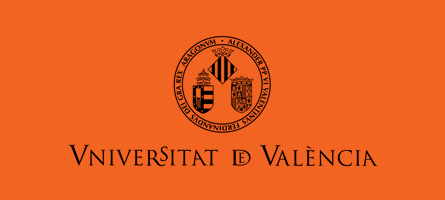Populist communication and misinformation as threats to democracy and journalism in the Global South
DOI:
https://doi.org/10.7203/drdcd.v0i11.325Resum
Research indicates that populist governments often cultivate antagonistic relationships with journalists. While many studies have explored how populism affects journalistic practices, there has been less focus on how the communication strategies employed by populist governments—particularly the deliberate spread of misinformation—undermine journalism and negatively impact the quality of democracy, especially in regions of the Global South. This article aims to fill that gap by examining how Jair Bolsonaro's populist government in Brazil designed and used various communication tools to challenge the role of journalism in upholding democratic vitality. The methodology involves analyzing specific empirical cases through the lens of existing literature, highlighting how different theoretical frameworks of populism, such as ideology, strategy, and discourse, relate to Bolsonaro's administration. The article investigates the unique characteristics of Bolsonaro's communication methods, which included live streams on social media, spontaneous speeches, selectively granted interviews with allies, and impromptu remarks made in the informal setting of the Alvorada Palace, the official presidential residence. The findings are significant as they enhance our understanding of how government communication under populism can potentially weaken democratic institutions.







